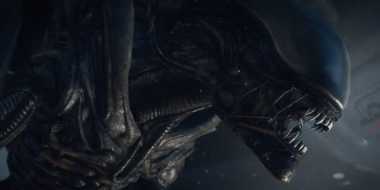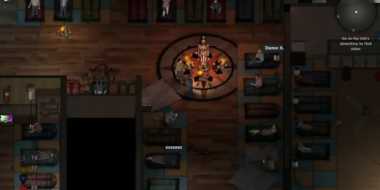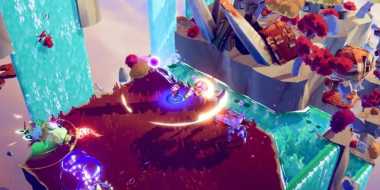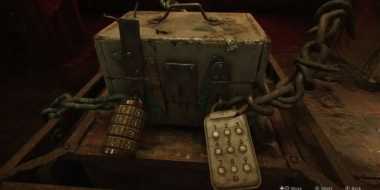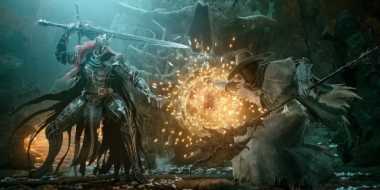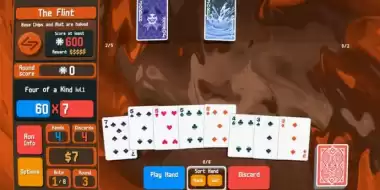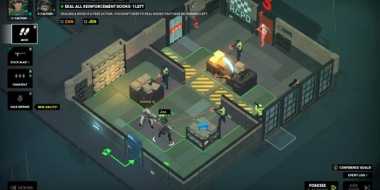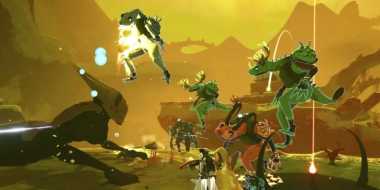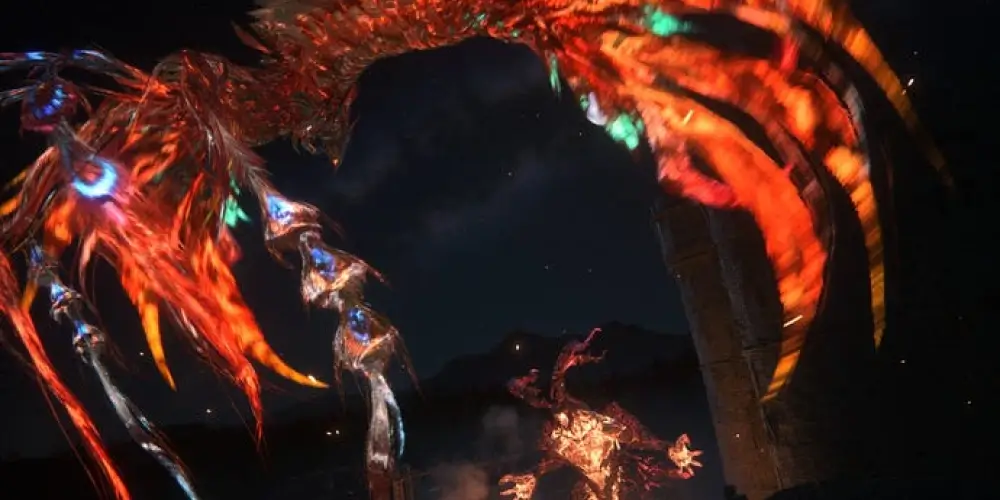

Final Fantasy 16 Review: Half the Size, Twice the Fun
22/09/2024 Joe Miller 466
Final Fantasy 16 is a breathtaking action-RPG full of incredible boss fights and epic encounters, but for all its visual splendor, it's weighed down by filler and a sluggish hero’s journey. If this game were half as long, it might have been twice as enjoyable.
Clocking in at what feels like an eternity, FF16 isn't the longest Final Fantasy ever made, but it certainly drags, and much of that has to do with the quest design. Many quests seem to exist purely to stretch the game’s runtime, sending you on mundane errands like delivering lunch or fetching herbs. Even when things heat up, they follow a predictable loop: a bit of dialogue, a journey across familiar landscapes, and a fight against enemies you've already faced countless times. Some sidequests shine late in the game, focusing on key characters, but the majority feel like padding.
The lack of a proper minigame—no card battles, no snowboarding, not even some offbeat animal husbandry—makes the grind more noticeable. For a series known for its quirky side content, Final Fantasy 16 feels disappointingly straightforward.
At the center of it all is Clive Rosfield, voiced by Ben Starr, a brooding noble who's on a journey of revenge, redemption, and self-discovery. Clive starts as your standard guilt-ridden antihero, and while he does grow over the course of the game, warming up to him can take time—too much time, frankly. The rest of the cast, while occasionally charming, never quite steals the spotlight. Characters like Cid, voiced by Ralph Inneson, are memorable for their style—Cid’s a smoldering, sexy mentor figure with a commanding presence. And then there's Dion, Final Fantasy’s first openly gay character, who's embroiled in a web of tragic family drama. Still, despite their unique traits, they mostly serve as props for Clive’s journey, and that’s a missed opportunity.
The game doesn't do its female characters any favors either. Clive’s love interest, Jill, feels underdeveloped, relegated to the role of a passive, wilting flower. Benedikta, a seductress with a sinister agenda, and Clive’s mother, Anabella, don’t escape stereotypical roles, either. It’s clear the game borrows a bit too much from Game of Thrones without considering how to give these characters more depth.
Now, let’s talk about the world of Valisthea. It's a high fantasy setting where kingdoms battle over Mothercrystals (magical power sources) and Dominants—humans who can channel the powers of massive godlike beings called Eikons. As far as world-building goes, Valisthea looks great on paper, with its shiny castles and bustling markets. But the regions often feel like interchangeable backdrops, and the heavy reliance on British voice actors in a world with North African and Middle Eastern influences feels more like cosplay than thoughtful representation.
Clive’s ability to absorb powers from defeated Dominants adds some flair to both the story and combat. You’ll unlock a variety of abilities that add layers to the game’s Devil May Cry-esque combat system. You can switch between different Eikon abilities mid-battle, customizing your fighting style, but after a while, even the best-laid combos start to feel repetitive. Still, the boss fights, which are a mix of cinematic spectacle and engaging mechanics, offer some of the game's most thrilling moments. These epic encounters even borrow from other genres like bullet-hell shooters, making for unforgettable set pieces.
But for all the combat's strengths, the pacing is an issue. The game's length, padded with tedious quests and backtracking, smears even the best mechanics too thin. If Final Fantasy 16 focused more on its strengths—those epic boss battles and character-driven moments—it would have been a tighter, more rewarding experience.
Ultimately, FF16 is an ambitious, beautiful game that doesn't quite reach the heights of previous entries like the Final Fantasy 7 remakes. The characters don’t have the same lasting impact, and the game's pacing and reliance on a single protagonist like Clive limits its potential. While it’s a well-crafted RPG, the weight of its excess drags it down. If you’ve got the time to spare, there’s a lot to enjoy—but you might find yourself wishing the game was more focused and half as long.
 Recent Blogs
Recent Blogs
Alien Isolation Sequel Confi ...
10/10/2024 1190
Dread Dawn Review: Dawn’t Bo ...
08/10/2024 1397
Windblown: The Next Roguelit ...
06/10/2024 1279
Silent Hill 2 Remake Review: ...
04/10/2024 1492
CI Games Tease New Lords Of ...
02/10/2024 1052
 Trending Blogs
Trending Blogs
Balatro Review: A Must-Play ...
02/08/2024 2301
Tactical Breach Wizards Revi ...
21/08/2024 1795
Risk of Rain 2 Devs Stand by ...
02/09/2024 1510
Silent Hill 2 Remake Review: ...
04/10/2024 1492
Dread Dawn Review: Dawn’t Bo ...
08/10/2024 1397
